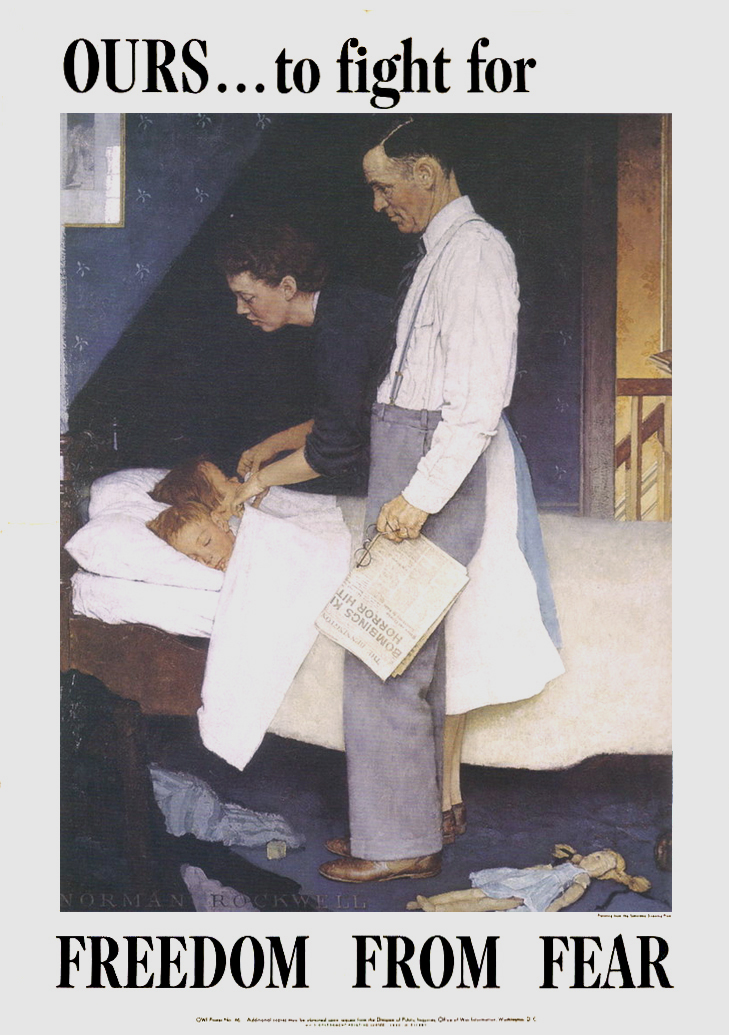On November 4th, Massachusetts voters will be choosing more than just a President (and a Senator, and a slew of state and local officers). As one of 24 states with provisions for public initiatives, Massachusetts allows all of its citizens to act as lawmakers, and the AP reports (via Blue Mass. Group) that three separate questions appear to have qualified to go before the voters in 2008. To make the ballot, an initiative needs 11,099 signatures from registered Massachusetts voters; once it qualifies, it only requires a majority of votes cast to pass. The catch is that it does not pass as a new law but only as an official instruction to the legislature compelling them to vote in a certain way. I imagine that the legislature feels strong political pressure to follow the wishes of their constituents when expressed in such an official manner. However, I’m not sure what the actual record of successful initiatives being turned into law is, and regardless, it seems like an awfully shifty way to give citizens the guise of empowerment while withholding any actual authority from the public. (Edit — Upon further review of Massachusetts election law, this isn’t actually the case. If the measure gets the majority of the votes, it automatically becomes law, provided its supporters amount to more than 30% of the total number of voters.)
So what are these initiatives, and are any of them good ideas?
The first would end the Massachusetts income tax, and while the siren call of fewer taxes makes this one look tempting, I think it would be an unreservedly bad idea. The initiative would not lower taxes in any way, and lawmakers would assuredly just find a different source of income to replace it. One option would be to dramatically increase the property tax. BMG commenter MichaelBate outlines two reasons why this would be a bad idea:
1. Property taxes are highly regressive. The value of someone’s property is very poorly related to ability to pay, especially for retirees who may have a nice home but not much else, including no job and not much income.
2. Taxing property creates an incentive for overdevelopment… City and town officials are forever trying to increase the tax base, leading to more and more sprawl and ever higher density of buildings.
Making seniors homeless and promoting urban sprawl are not OK in my book. The other option would be to raise the sales tax, which would have even more regressive results. Cost of living expenses, already increasing with the slow economy, would become even more stifling for the poor, as necessities like food, clothing and gasoline become more expensive. If that’s not convincing enough, you just need to be a little more self-interested; a higher sales tax would impact college students. We’re a low-income group, and I know I don’t have the spare change to shoulder a tax burden that would be lifted mainly from the wealthy. Governor Deval Patrick publicly called out the elimination of the income tax as “a dumb idea”, and I have to agree with him. Income tax reform is always a good discussion to have, and I’m not saying Massachusetts’s current tax structure and rate are perfect (I honestly have no idea), but the income tax is the best vehicle for progressive taxation, and repealing it could be an economic disaster for the working class.
The second initiative would ban greyhound racing in Massachusetts. Animal cruelty is always inexcusable, and under the conditions that racing dogs currently suffer through, greyhound racing amounts to nothing more than legalized torture. The Committee to Protect Dogs, the group behind this initiative, has the facts:
- The dogs are kept in cages barely large enough to allow movement for over twenty hours a day.
- They face incredibly high rates of injury — over 800 over the past six years in just the two operating racetracks in Massachusetts.
- The kennels are hotbeds of disease, and the dogs are fed raw meat deemed unfit for human consumption.
- In one disturbing (and admittedly somewhat amusing) incident, several years ago a dog at Wonderland Greyhound Park twice tested positive for cocaine (why were they giving the dogs coke tests in the first place?!?!).
Eight years ago, a similar initiative was defeated by a narrow 47%-48% tally, and I strongly hope that this one gets the last few points necessary for passage.
The third initiative would decriminalize possession of less than an ounce of marijuana. Jailing people for victimless crimes like smoking a joint wastes government money and ruins the lives of blameless individuals. Marijuana is not chemically addictive, has much milder long term effects than alcohol or tobacco, provides medically proven health benefits, and cannot lead to overdose. You don’t need to agree with marijuana use to see that the taxpayer expense for prosecuting these “crimes” is completely unnecessary.
In the United States, the ballot initiative has shown itself to be a powerful tool for political action both negative (numerous same-sex marriage bans) and positive (all six states proposing minimum wage increases passed them in 2006). However, empowering the citizen is always a good thing, and I hope Massachusetts’s initiative laws are strengthened in the coming years. In the short term, all Massachusetts voters have a chance to make their voices heard on three key ideas (two good, one bad IMHO), and I encourage everyone to educate themselves and make informed choices on these issues as well as on the candidates on Election Day.
 photo by Kamarin Lee
photo by Kamarin Lee